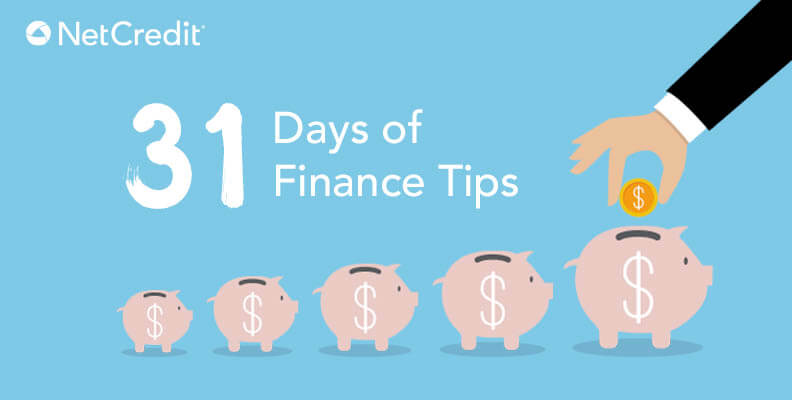
Welcome to “Fiscal Fitness,” a four-week crash course covering financial planning, money management, credit repair and loan management. Once a week, we’ll be posting a blog entry on a new topic. This week, we’ll kick things off with financial planning.
Financial planning is something we all have to do — in one way or another. The key is to personalize it in a way that works for you by identifying goals (both personal and financial) and establishing practices that will help you reach them.
- Identify goals
It’s hard to make progress if you don’t know where you’re going. To establish your financial goals, you should think first in terms of what your personal goals are. Every person’s measure of “success” is different, so consider what you ultimately would like to achieve. Once you’ve identified some personal goals, write down the measurable financial goals you’ll need to achieve them. Try to do so within the context of your anticipated timeline.
- Spend less than you earn
No matter how much you’re paid, you won’t make financial progress if you spend more than you earn. Spending less is often easier than earning more, and cutting costs over an extended period of time can result in significant savings.
- Create a budget
How can you set spending and saving goals if you don’t know where your money is going? The process of tracking your expenses will help with awareness, which then can lead to behavior control (and change if necessary).
Start by asking yourself these questions: How much are your fixed monthly expenses? How much are your variable or flex expenses each month? How much is your take-home income? Once you’ve determined these answers, subtract the expenses from your income. If the expenses outweigh income, you should sit down and map out a monthly budget that will allow you to cut back. Allot certain amounts for certain areas of spending. This practice will help to keep you on track for meeting your financial goals.
For tips on budgeting, check out our blog post Practical Budgeting Tips For Young Adults.
- Prioritize debt repayment
Some people think of savings and investments as the primary ways to get ahead, while only making minimum payments on the debt they owe. If you think of paying off your debt as an investment, you’ll be able to save yourself from paying a considerable amount of interest that could be equivalent to — or more than — the return you’ll see from alternative investments.
- Contribute to a retirement account
If your employer has a 401(k) matching plan and you don’t contribute to it, you’re turning your back on an excellent opportunity. If you’re already contributing, consider increasing your contribution. If your employer doesn’t offer a 401(k) matching plan, or if you have extra savings, look into opening an Individual Retirement Account.
- Save
If you plan to wait until you’ve met all other financial obligations before seeing what’s left for savings, it’s unlikely that you’ll ever have a healthy savings account or investments. Instead, plan to set aside a minimum of 5 – 10% of your income for savings before paying your bills. If you are able to have money from your paycheck automatically deposited into a savings account, go ahead and set that up!
- Invest
If you’re paying off debt and contributing to retirement and savings accounts, and can still manage to put money into other investments — by all means go for it if it will help you reach your personal goals. Just be sure to do your due diligence in researching your investments and consulting with financial advisers. You might even want to think of your investments as medicine. If they could help you or harm you, wouldn’t you read about them and ask your doctor?
- Update your will
70% of Americans don’t have a will.1 If you have dependents, no matter how little or how much you own, you should have a will to make sure your money and possessions end up going to the rightful individuals if you were to suddenly die.
- Keep Records
If you don’t keep good records, you’re probably not claiming all your allowable income tax deductions and credits. Set up a record-keeping system that works for you and make sure to adhere to it. That’ll be much easier than scrambling to find things during tax season, only to forget or misplace items that could have saved you money.
References
1 Fowles, D. (n.d.). Top ten financial tips. Retrieved on Septemeber 14, 2015 from http://abt.cm/1a1UKEA






